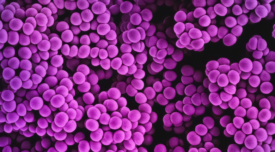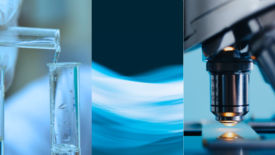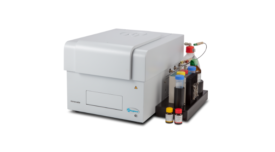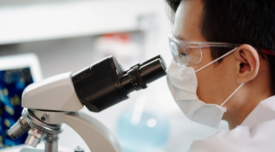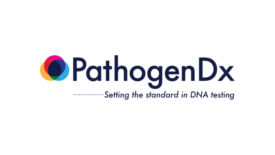Home » pathogen detection
Articles Tagged with ''pathogen detection''
BIZTRACKS
Spectacular Labs to Unveil Automated Pathogen Testing System at IAFP 2023
July 12, 2023
Never miss the latest news and trends driving the food safety industry
eNewsletter | Website | eMagazine
JOIN TODAY!Copyright ©2025. All Rights Reserved BNP Media.
Design, CMS, Hosting & Web Development :: ePublishing
